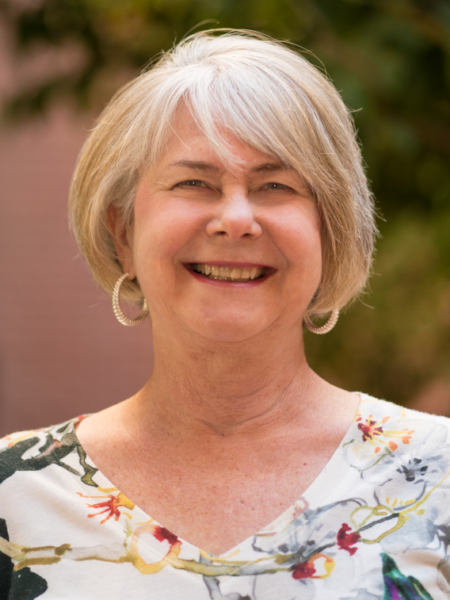Q: As a massage therapist, I see a lot of skin, and sometimes I’ll notice spots or sores on my regular clients that look different or don’t seem to be healing. I’m not an expert, but I feel like I should say something. What do you suggest?
You’re right that massage therapists are well situated by virtue of the work they do to notice a lesion or other suspicious-looking spot on a client’s skin. So are hairdressers, cosmetologists and aestheticians. But as you also note, pointing it out can be tricky because you lack expertise in these matters.
In a current study I’m doing with massage therapists, which involves training them in lesion detection, we discovered that an overwhelming majority of them, whether licensed or not, had almost no familiarity with skin cancer. (Licensing varies considerably from state to state. Some states require a license to practice massage therapy, but others do not, and there is no standardization of training programs nationally or even within states.) So it’s understandable that you would hesitate to broach a subject about which you feel uncertain yourself. Still, your impulse that if you “see something, say something” is unequivocally the right one. The issue is how to say it. Obviously, someone getting a massage is there to relax and de-stress, so the goal is to get the client’s attention without creating fear or anxiety.
In most cases, it’s better to wait until the massage is over to have the conversation. Suppose a regular client comes in with an “ugly duckling” mole [i.e., one that stands out from the ones surrounding it] on their lower back that you don’t remember seeing before or that looks slightly different. You might say, in a neutral, supportive tone, “There’s a spot on your lower back I haven’t noticed before — have you?”
Your client will probably say, “No,” because the lower back is not a place most of us look at very often. You could say, “I don’t recall seeing it before, and it’s shaped a little funny. Would you like me to take a photo with your phone?” If the client agrees and then looks at the photo and says, “Yeah, that is weird — what do you think it is?” don’t reply, “It could be skin cancer.” Rendering an amateur diagnosis is exactly what you shouldn’t do. Nor should you get personal, saying something like, “Oh, I had the same thing and it totally freaked me out! But it turned out to be nothing.” Instead, emphasize that you’re not qualified to make medical judgments but do strongly believe that clients should be aware of spots. And then, ideally, you can help further by providing your client with a list of local dermatologists (though you should refrain from giving a referral to a specific one) or perhaps a brochure from an organization such as The Skin Cancer Foundation.
Realize that you may get a bit of pushback. Perhaps you have a client with a great many moles, which you happen to know is a risk factor for melanoma. You could say something like, “I see a lot of moles on your back. Would you like me to avoid them during the massage?” If your client asks, “Why do you care?” don’t get defensive. Simply say, “I like to keep an eye on my clients’ skin while I’m massaging them. I’m not a dermatologist, but it’s important to know your moles.” And again, offer to take a photo with the client’s phone and then steer them to additional resources. In my dreams, every spa in the country would have charts on the walls showing the ABCDEs of melanoma and would make brochures and lists of local dermatologists available to every client. Unfortunately, we’re not there yet.
In short, your role is not to diagnose or direct, but to guide — calmly and without judgment. After you have drawn attention to the problematic spot and, if possible, pointed the client toward additional resources, the decision about what to do next is, appropriately, in their hands. — Interview by Lorraine Glennon
About the Expert
Lois J. Loescher, PhD, RN, FAAN, is a professor of nursing and the director of the PhD program in nursing at the University of Arizona in Tucson. Dr. Loescher has been involved in skin cancer prevention and research for 40 years, focusing most recently on skin cancer lesion identification by health-care providers not typically studied, the use of novel technology as interventions and skin cancer prevention behaviors in understudied populations.
The post Ask the Expert: What Do You Say to a Client? appeared first on The Skin Cancer Foundation.

